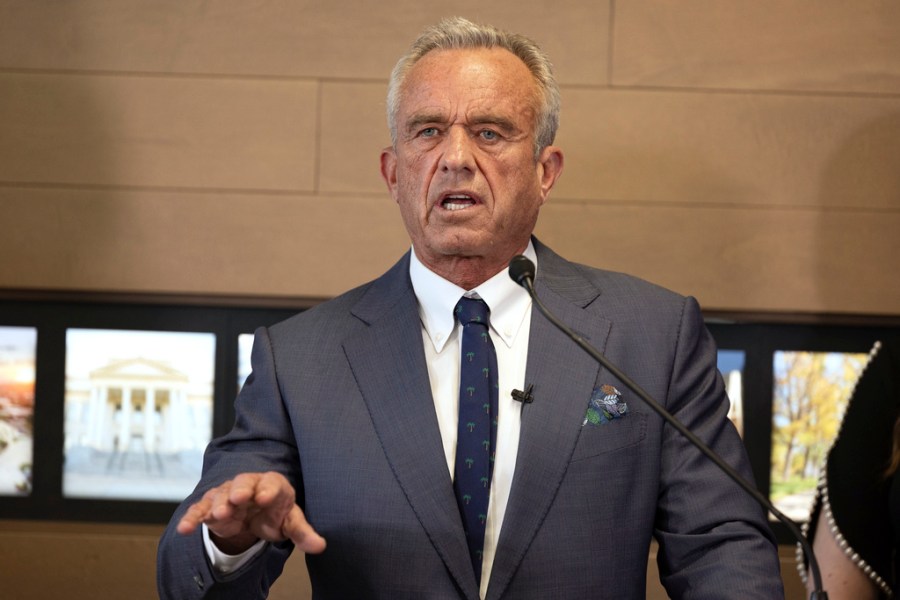A small business owner in Thomaston, Maine, is contemplating dropping her health insurance due to escalating costs and the expiration of federal subsidies. Chloe Chalakani, who runs a handmade pasta business with her partner, faces a significant financial decision as she navigates the complexities of health insurance enrollment for the upcoming year.
As the tourist season concludes, Chalakani has turned her attention to her administrative tasks. Her monthly premium currently stands at $460 for the highest deductible plan available, a hefty sum for a 31-year-old who considers herself relatively healthy. With enhanced tax credits set to end in December and insurance rates on the rise, she stated, “I don’t plan to get insurance next year. I’m just not going to do it — I’ll pay out of pocket.”
Chalakani’s situation raises alarms among health policy experts, who worry that younger individuals opting out of the Affordable Care Act (ACA) markets could destabilize the entire health insurance system. The structure of health insurance relies on a diverse pool of enrollees, including both young, healthy individuals and older, sicker ones. Dr. Cox, a health policy analyst, emphasized the importance of this balance, explaining, “You need people to be paying into the insurance system when they’re healthy so that they can take out when they’re sick.”
The impending expiration of federal subsidies is a critical factor influencing Chalakani’s decision. These subsidies have enabled many small business owners and self-employed individuals to afford coverage. With a growing number of young people potentially dropping out, the market could see increased premiums. “If you only have sick people buying health insurance plans, then the average cost of that plan is going to be very high,” Dr. Cox added, highlighting the risk of a downward spiral in the insurance market.
The implications of this trend extend beyond individual choices. Experts warn that increased uninsured rates could strain hospitals and healthcare systems, leading to reduced services. “If hospitals face a lot of financial strain from having a lot more uninsured patients coming through their doors, then they might start changing the services they offer,” noted Dr. Cox. This could result in critical services being cut, impacting community health at large.
As discussions around health insurance continue, the pressure is mounting on lawmakers to address these concerns. A significant number of Americans, around 24 million, rely on the ACA for their insurance. Chalakani’s decision to forgo coverage, while acknowledging the risks, illustrates the difficult choices many face. “Should a catastrophe happen, I’ll probably say, ‘Wow, I should have had insurance,'” she reflected, recognizing the precarious balance between financial realities and health risks.
The ongoing debate in Congress regarding the extension of enhanced subsidies will play a pivotal role in determining the future of health insurance for many small business owners like Chalakani. If lawmakers can reach an agreement and extend these financial supports, she may reconsider her decision for the next enrollment period. Otherwise, the trend of opting out could continue, posing significant challenges for the health insurance landscape in the United States.







